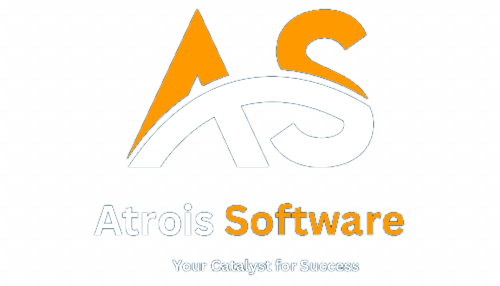Maintaining and enhancing your IT skills requires a blend of ongoing learning, practical experience, and strategic habits. Here are some effective habits to help you stay up-to-date and proficient in the field of IT:
1. Continuous Learning
- Stay Updated: Follow industry news, blogs, and publications to keep up with the latest trends and technologies. Websites like TechCrunch, Wired, and Ars Technica can be valuable sources.
- Online Courses and Certifications: Regularly enroll in courses on platforms like Coursera, Udemy, or LinkedIn Learning to update your knowledge. Consider certifications from recognized organizations such as CompTIA, Cisco, or AWS.
2. Hands-On Practice
- Personal Projects: Work on personal or open-source projects to apply what you’ve learned. This could be anything from developing a new app to contributing to a software project on GitHub.
- Lab Environments: Set up virtual labs or use sandbox environments to experiment with new tools and technologies without impacting your primary systems.
3. Networking and Community Involvement
- Join Professional Groups: Engage with professional organizations like ISACA, IEEE, or local tech meetups. Networking with peers can provide insights into industry trends and job opportunities.
- Attend Conferences and Webinars: Participate in industry conferences, workshops, and webinars to learn from experts and stay informed about emerging technologies.
4. Reading and Research
- Technical Books: Read books on topics of interest or areas you wish to deepen your understanding of. Books by authors like Robert C. Martin or Andrew S. Tanenbaum can be particularly insightful.
- Research Papers: Explore academic journals and research papers to gain insights into cutting-edge developments and theoretical advancements in IT.
5. Problem-Solving and Critical Thinking
- Challenge Yourself: Engage in problem-solving exercises like coding challenges on platforms such as HackerRank or LeetCode. This sharpens your analytical and problem-solving skills.
- Review and Reflect: Regularly review your work and projects to identify areas for improvement and to understand different approaches to solving problems.
6. Collaboration and Mentorship
- Seek Feedback: Collaborate with peers and seek feedback on your work. Constructive criticism can help you improve and refine your skills.
- Mentorship: Find a mentor in your field who can offer guidance, share experiences, and help you navigate your career development.
7. Time Management and Organization
- Set Goals: Establish clear, achievable goals for your skill development and regularly assess your progress.
- Organize Learning Materials: Keep your resources, notes, and documentation well-organized for easy reference and review.
8. Adaptability
- Embrace Change: Be open to learning new tools and technologies as the IT landscape evolves. Adaptability is crucial for staying relevant in a rapidly changing field.
- Experiment and Innovate: Don’t be afraid to try out new approaches or technologies. Experimentation can lead to innovative solutions and new areas of expertise.

